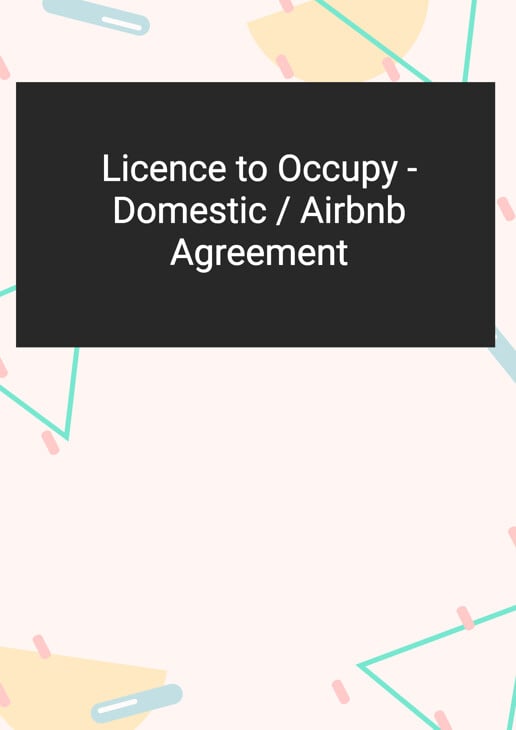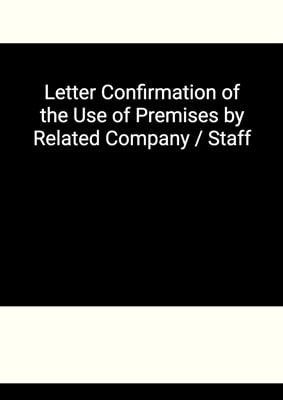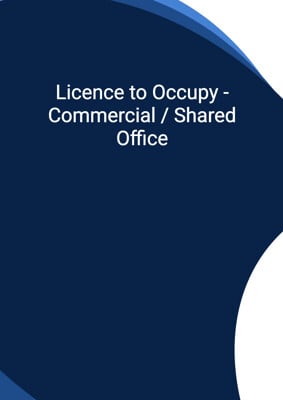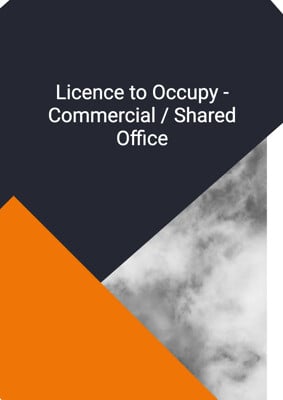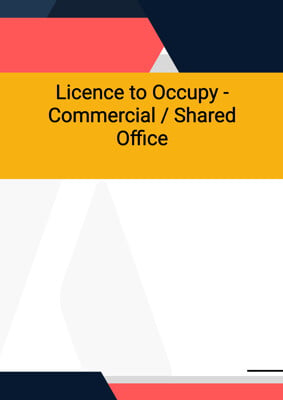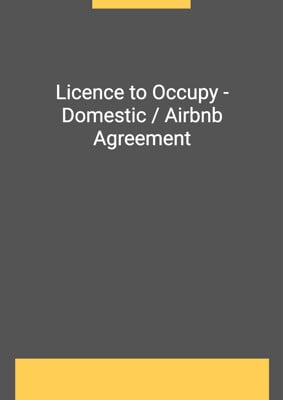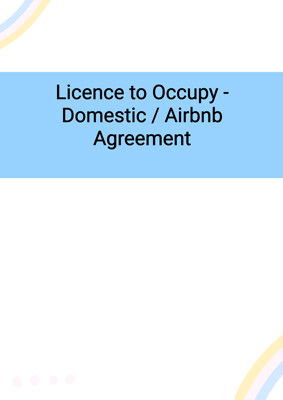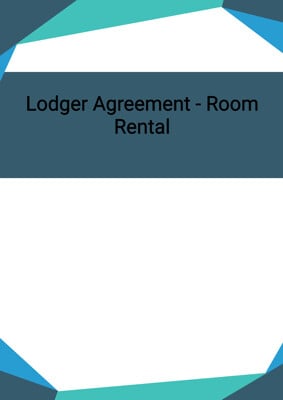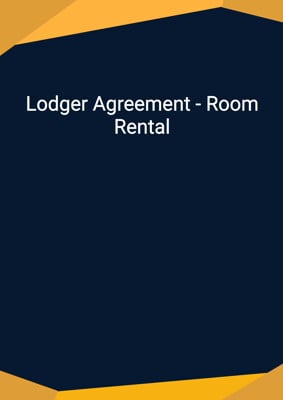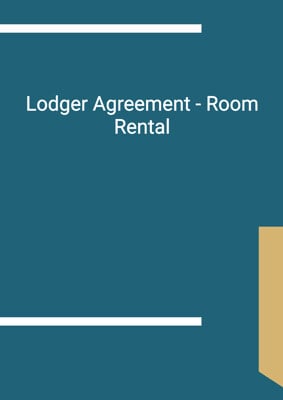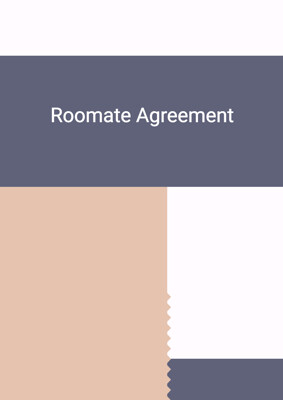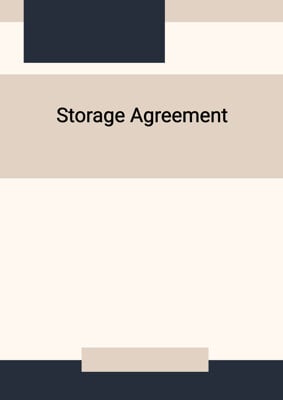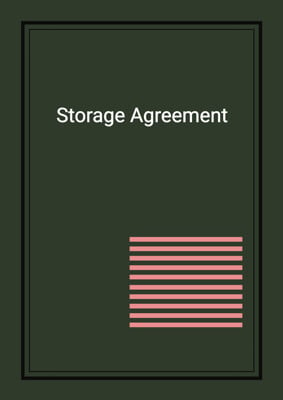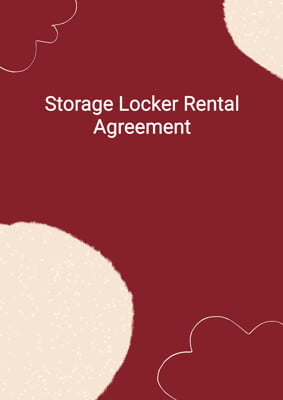How to Tailor the Document for Your Need?
01
Create Document
Fill in the details of the parties. You can click the "Fill with Member’s Information" button to complete it with information saved to your account.
02
Fill Information
Please fill in any additional information by following the step-by-step guide on the left hand side of the preview document and click the "Next" button.
03
Get Document
When you are done, click the "Get Document" button and you can download the document in Word or PDF format.
04
Review Document
Please get all parties to review the document carefully and make any final modifications to ensure that the details are correct before signing the document.
Document Preview
Document Description
The document titled 'Licence to Occupy - Domestic / Airbnb Agreement' is a legal agreement between a licensor and a licensee for the occupation of a domestic property. The document is important as it outlines the terms and conditions of the occupancy, ensuring that both parties are aware of their rights and responsibilities.
The entire document consists of several sections that cover different aspects of the agreement. The first section provides a warning about the legality of letting domestic property on a daily basis without a license. It advises the parties to check with a local lawyer to ensure compliance with the law.
The second section introduces the parties involved in the agreement, namely the licensor and the licensee. It includes their names and addresses, establishing their identities and places of business.
The third section states the purpose of the agreement, which is to grant the licensee permission to occupy the premises for a specified term. It mentions that the premises will be furnished and in a clean and tenantable condition.
The fourth section focuses on the license fee, specifying the amount to be paid by the licensee for the occupancy. It also mentions the payment deadline and the consequences of non-payment.
The fifth section covers the deposit and cancellation policy. It states the amount of the deposit and the conditions for its refund. It also mentions the penalties for late cancellation or breach of contract.
The sixth section outlines the responsibilities of both the licensor and the licensee. It includes obligations related to payment, use of the premises, maintenance, and insurance.
The seventh section addresses the termination of the license, stating the circumstances under which the licensor can terminate the agreement.
The eighth section clarifies that the license is not a lease and cannot be assigned or shared.
The ninth section includes miscellaneous provisions, such as the entire agreement clause, severability clause, waiver clause, and the integration of a schedule.
The document concludes with a section on law and jurisdiction, specifying the governing law and the jurisdiction of the courts.
Each section of the document provides detailed information and instructions to ensure clarity and understanding for both parties.
How to use this document?
1. Check the legality: Before using the document, consult with a local lawyer to ensure that letting domestic property on a daily basis without a license is legal in your jurisdiction.
2. Identify the parties: Fill in the names and addresses of the licensor and the licensee in the agreement to clearly establish their identities and places of business.
3. Understand the purpose: Read the section on the purpose of the agreement to understand the scope of the occupancy and the condition of the premises.
4. Determine the license fee: Calculate the license fee based on the specified amount per day and ensure that it is paid in full before the commencement date.
5. Arrange the deposit: Arrange for the payment of the deposit within 1 business day after signing the agreement to secure the occupancy.
6. Familiarize with the cancellation policy: Understand the conditions for canceling the license and the penalties for late cancellation or breach of contract.
7. Review responsibilities: Review the responsibilities of both the licensor and the licensee to ensure compliance with payment, use, maintenance, and insurance obligations.
8. Be aware of termination conditions: Familiarize yourself with the circumstances under which the licensor can terminate the license and the consequences of termination.
9. Understand the nature of the license: Remember that the license is a personal right and cannot be assigned or shared.
10. Consider the miscellaneous provisions: Take note of the miscellaneous provisions, such as the entire agreement clause, severability clause, waiver clause, and the integration of a schedule.
11. Comply with the law and jurisdiction: Understand the governing law and the jurisdiction of the courts mentioned in the agreement.
12. Seek legal advice if needed: If you have any doubts or questions about the document, consult with a lawyer to ensure that you fully understand its implications and comply with the law.
Not the right document?
Don’t worry, we have thousands of documents for you to choose from:
